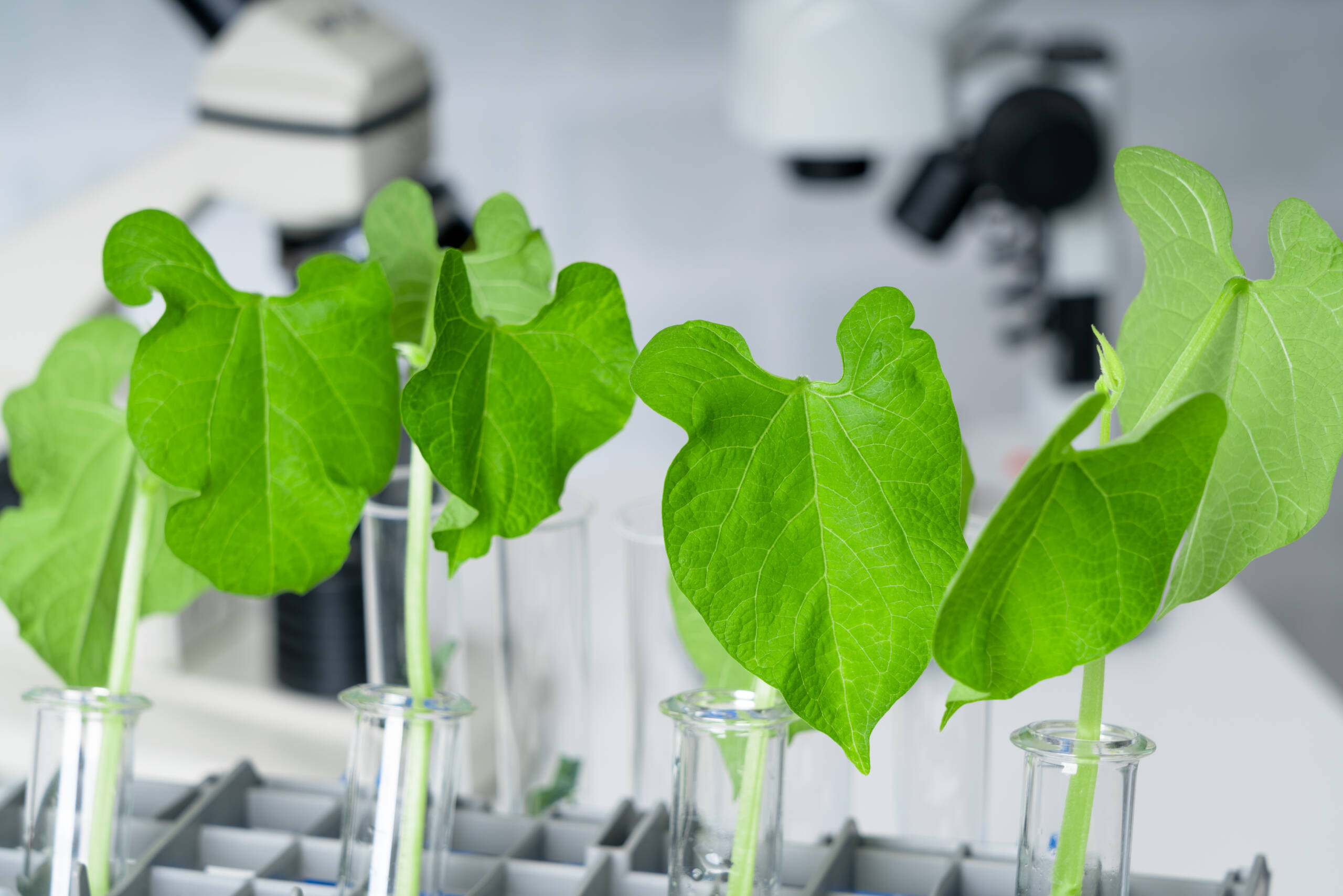DIDCOT, UK: One hundred businesses have now completed the Plant Healthy self-assessment checklist. Each of these businesses have received a free report to help improve their plant health and biosecurity practises. This is an encouraging milestone as it demonstrates how seriously the British horticulture industry is taking the considerable threat posed by invasive plant pests and diseases.
The self-assessment checklist – www.planthealthy.org.uk – is based on the requirements set out in the recently published Plant Health Management Standard. It is a forerunner of the Plant Health Assurance Scheme that is currently under development in terms of scheme structure and funding.
Alistair Yeomans, HTA Horticulture Manager, commented, “This is a promising start, especially given that the season has been very busy. I urge horticultural managers to use this free self-assessment tool as it will help protect their businesses, our industry and the natural environment against destructive plant pests and diseases.”
The self-assessment checklist is for use by all businesses and organisations in the ornamental and amenity plant supply chain, including nurseries, landscapers, designers, retailers, arboriculturalists, and public gardens. It aims to assist managers identify and reduce the risks associated with the import and trade of plants.
Comments below from some of those who have completed the assessment demonstrate the importance of the tool:
“The Plant Healthy Assessment was a very useful tool for my business. The whole process was efficient, targeted and professional. It helped me determine which areas of the business needed further input to improve our biosecurity and plant health protocols.”
Kyle Ross, Production Manager, Wyevale Nurseries Ltd
“Completing the Plant Healthy questionnaire not only highlighted the strengths and weaknesses in our plant health management processes, but by asking questions of us, and our processes, the questionnaire highlighted some aspects of plant health security that we had not previously considered. It is now integral to our due diligence.”
Stan Green, Managing Director, Growforth Ltd
“Overall a really useful tool to help identify or confirm weaknesses in a business’s biosecurity, this then gives a great structure to work from to fulfil the missing documentation.”
Gavin Cooper, General Manager, Prior Park Garden Centre
Biosecurity has become an increasingly prominent issue within the ornamental and amenity horticulture sector, especially given the threat of Xylella spreading further in Europe. Also, there is an ever-improving understanding of the costs that invasive plant diseases can cause the British economy. A recent study by the University of Oxford and the Sylva Foundation estimated that Ash dieback alone will cost the British economy £15 billion.
In terms of individual horticultural businesses, in one recent case study it was estimated that the enforcement of Xylella outbreak measures may result in a 15% loss of turnover for a nursery. This does not include a value for loss of sales due to reputation which would undoubtedly add to the losses.
The Plant Healthy self-assessment tool supports businesses to understand the statutory requirements that relate to the trade in plants. It also provides additional guidance as to how managers can protect their business and their customers from damaging pests.
Ultimately, by analysing the risk of pest introductions, spread and implementing appropriate control measures, business will improve their levels of protection against invasive pests. Importantly, this will also help protect the wider plant supply chain, our gardens and the British countryside.
The checklist’s first section of the nine relates to UK Plant Health Statutory Requirements, but the rest of the assessment is to help businesses improve their plant health procedures and protocols.
HTA welcomes business out of the UK to use the assessment as well to help improve biosecurity levels, and you do not have to be a HTA member to complete it. Within the terms and conditions it states: Plant Healthy is designed for use by businesses located in the United Kingdom. Companies based outside the UK (whether overseas subsidiaries of UK companies or supplying into the UK market) may use Plant Healthy but you are reminded that Plant Healthy only takes account of UK legal requirements and that you are responsible for deciding whether Plant Healthy is suitable for use in your business.
You can access the Plant Health Management Standard, take the free Plant Healthy self-assessment checklist and receive a free report at: www.planthealthy.org.uk
Alistair will be talking alongside James Barnes, Chairman of the HTA, at Scotland’s Plant Health Conference on 28 May. To find out more about the event, visit https://www.planthealthcentre.scot/events/scotlands-plant-health-conference





















